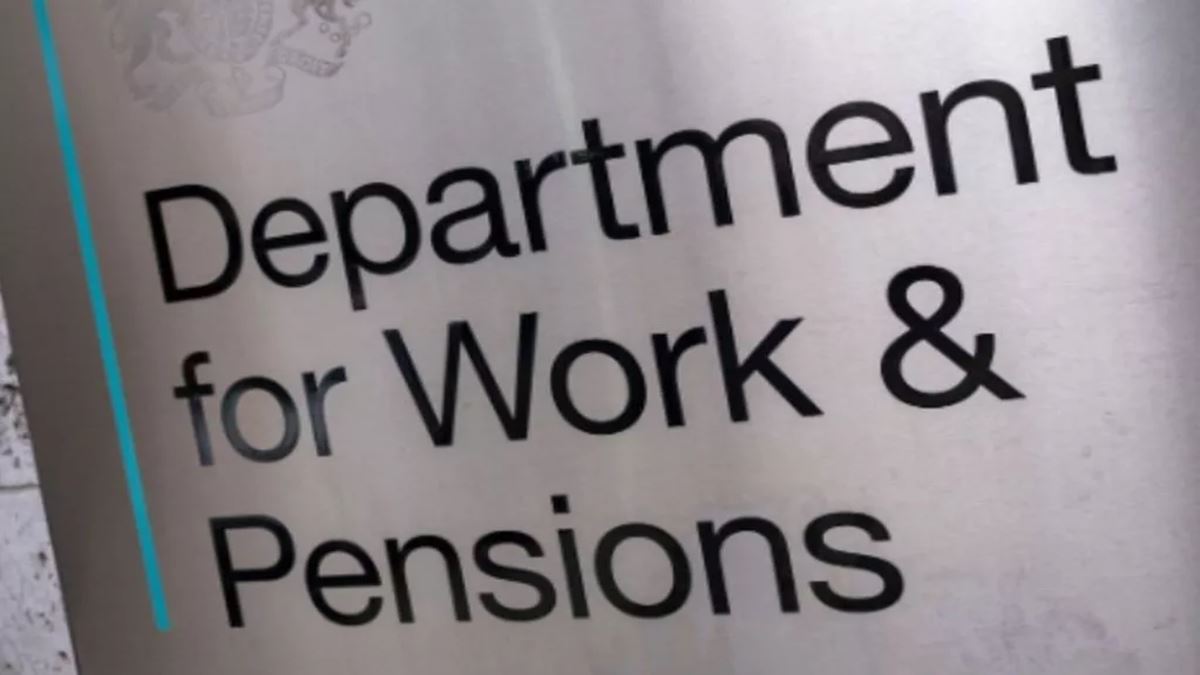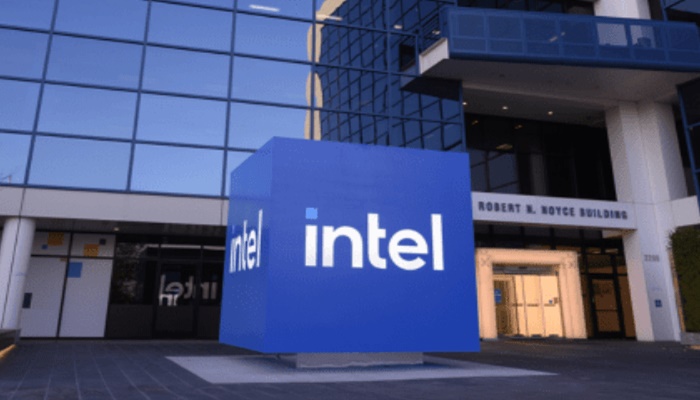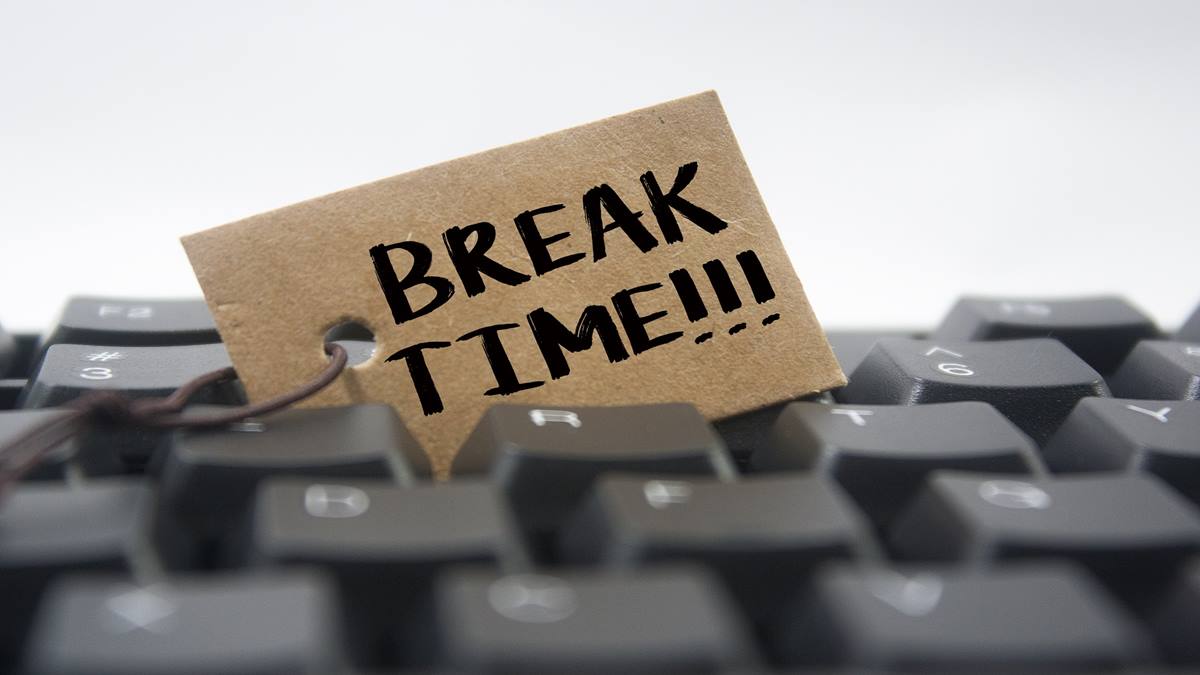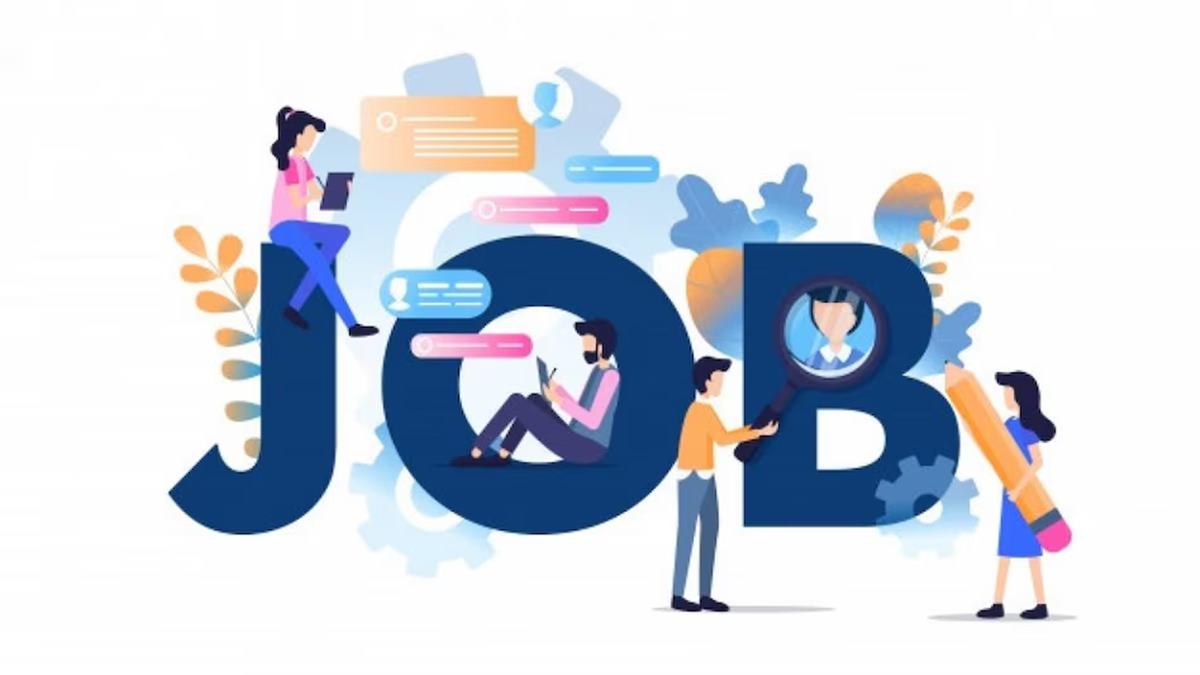A striking story recently gained traction online after an employee, dealing with the agony of losing her father, pushed through a 12-hour shift on a critical assignment, only to be rebuked by her manager for nodding off at her desk. What would seem like obvious grounds for empathy instead became fuel for a broader reckoning over workplace compassion and exhaustion.
The story quickly grabbed fire on Reddit, where commenters voiced sharp critiques of corporate insensitivity. Outrage swelled over what many called a toxic prioritization of productivity over humanity—prompting hashtags like #WorkplaceWellness and #EmpathyAtWork to trend across similar platforms.
Psychologists and HR experts weighed in, warning that such responses risk normalizing burnout, deepening grief, and further eroding employee mental health. The gap between “getting the job done” and recognizing human fragility has never seemed starker.
In the aftermath, many organizations are reassessing policies around bereavement leave and flexible work. Observers note that in the age of digital permanence and viral scrutiny, how employers respond in moments of personal crisis can rapidly define workplace culture and reputational standing.




















